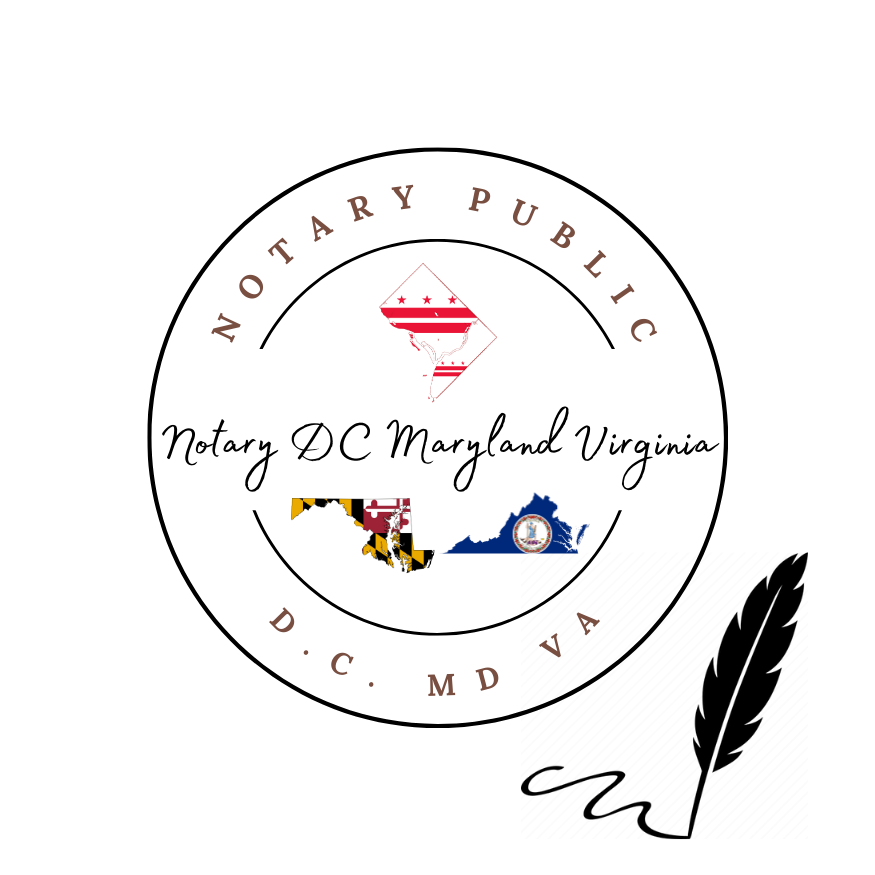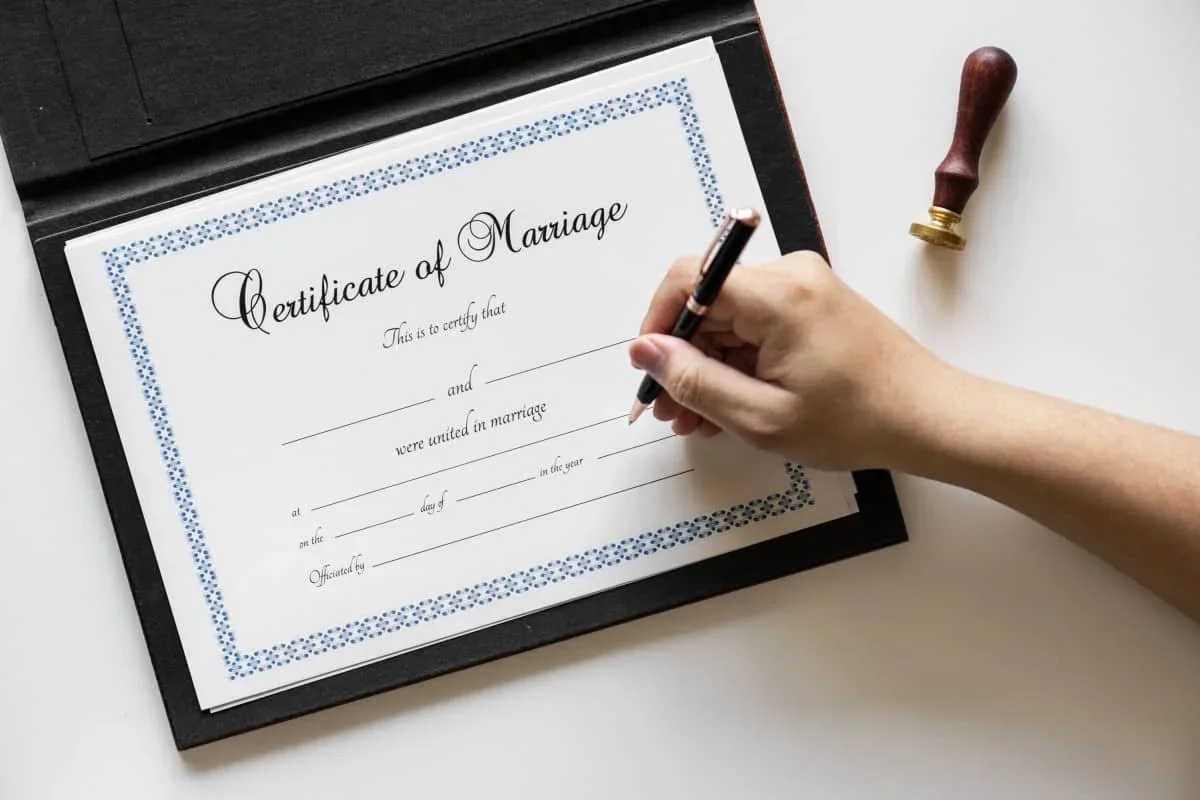How to Authenticate or Apostille a US marriage certificate?
In the United States, a certified marriage certificate is generally valid for legal and administrative purposes nationwide. However, if you plan to use your marriage certificate in another country, you may need to have it apostilled or authenticated depending on the destination country.
Apostille vs. Authentication: What’s the Difference?
The type of certification required depends on the country where your marriage certificate will be presented:
Hague Convention Countries (members of the 1961 Hague Convention) require an apostille.
Non-Hague Countries require authentication, which involves additional steps including approval from the U.S. Department of State and legalization by the foreign embassy or consulate.
Step 1: Obtain a Certified Copy of Your Marriage Certificate
Before starting the process, you need a certified copy of your marriage certificate. A certified copy usually includes:
An embossed, raised, or multicolored seal
The signature of the registrar
The date it was officially filed with the registrar’s office
You can request a certified copy from the vital records office in the state where the marriage took place. Some states process this at the county clerk’s office, while others use the State Vital Statistics office.
When requesting a certified copy, you’ll typically need to provide:
Full legal names of both spouses at the time of marriage
Date of the marriage (month, day, and year)
Location of the marriage (city, county, and state)
Your reason for requesting the copy
Your relationship to the individuals on the certificate
Your contact information, including a daytime phone number
Step 2: Apostille or Authentication by the Secretary of State
Since a marriage certificate is a state-issued document, your first step after obtaining a certified copy is submitting it to the Secretary of State in the state of issuance.
For Hague Convention Countries, the Secretary of State will issue an apostille certificate. Once you receive the apostille, your marriage certificate is valid internationally and does not require further certification.
For Non-Hague Countries, the Secretary of State will issue a certificate of authentication, and you’ll need to continue with Steps 3 and 4.
Step 3: Authentication by the U.S. Department of State (If Required)
For Non-Hague countries, after state authentication, you must send the document to the U.S. Department of State Office of Authentications for federal authentication.
Step 4: Legalization by the Foreign Embassy or Consulate
Finally, for countries outside the Hague Convention, you must present the authenticated marriage certificate to the embassy or consulate of the destination country for legalization. This step ensures that your marriage certificate is recognized as valid overseas.
Important Note on Document Validity
Some states place restrictions on how old a certified marriage certificate can be when submitted for apostille or authentication. For example:
Virginia requires certificates to be issued within the past 12 months.
Texas accepts certificates issued within the past 5 years.
Be sure to check your state’s guidelines before proceeding.
Final Step: Mailing and Processing
Once your marriage certificate has been apostilled or authenticated, the documents will be mailed back to you. You may choose domestic or international shipping options depending on your location.

